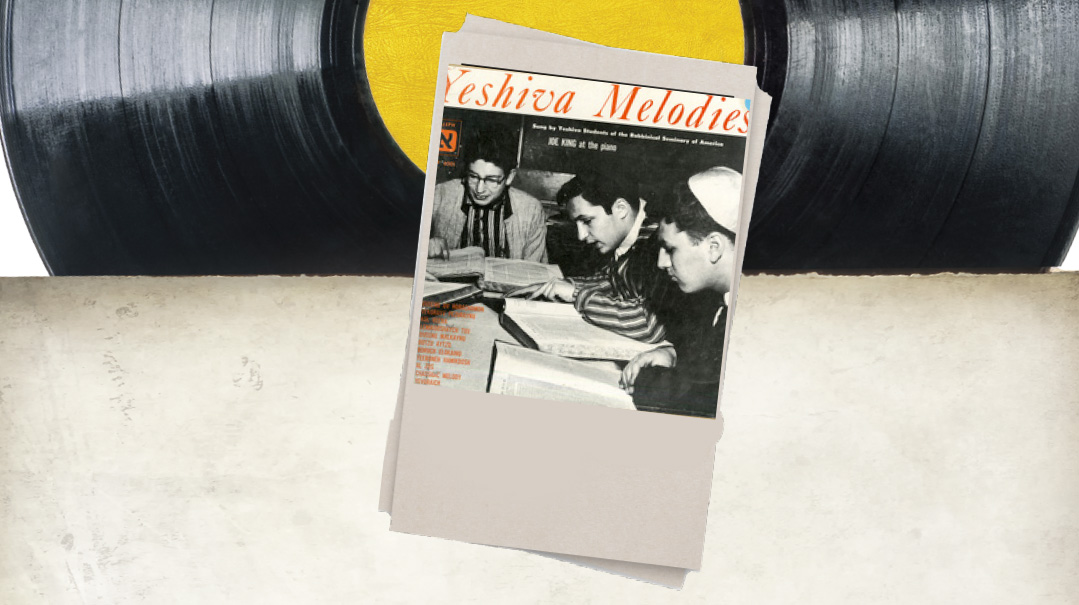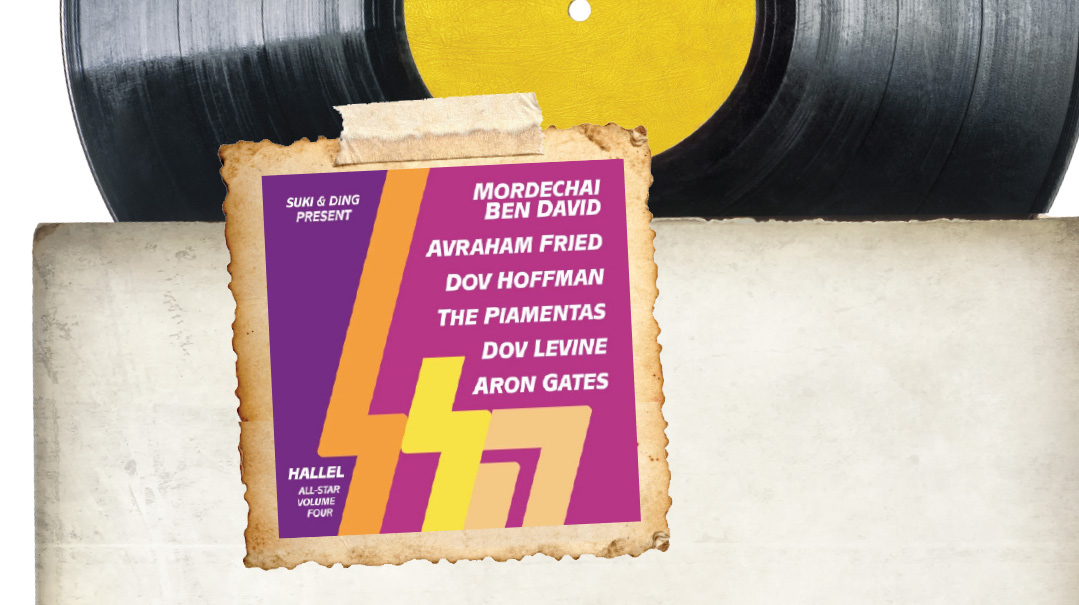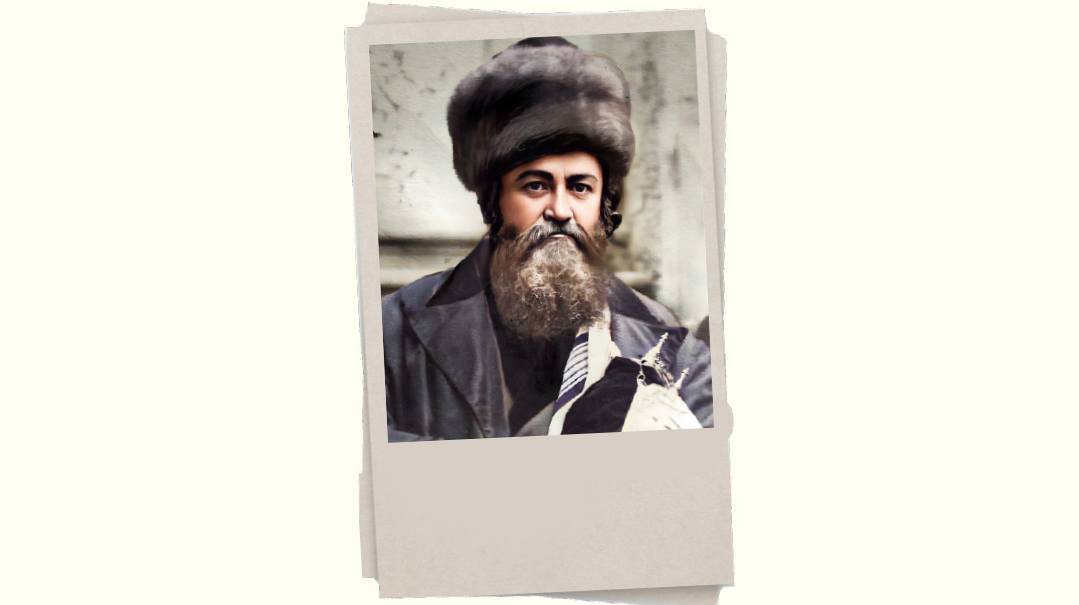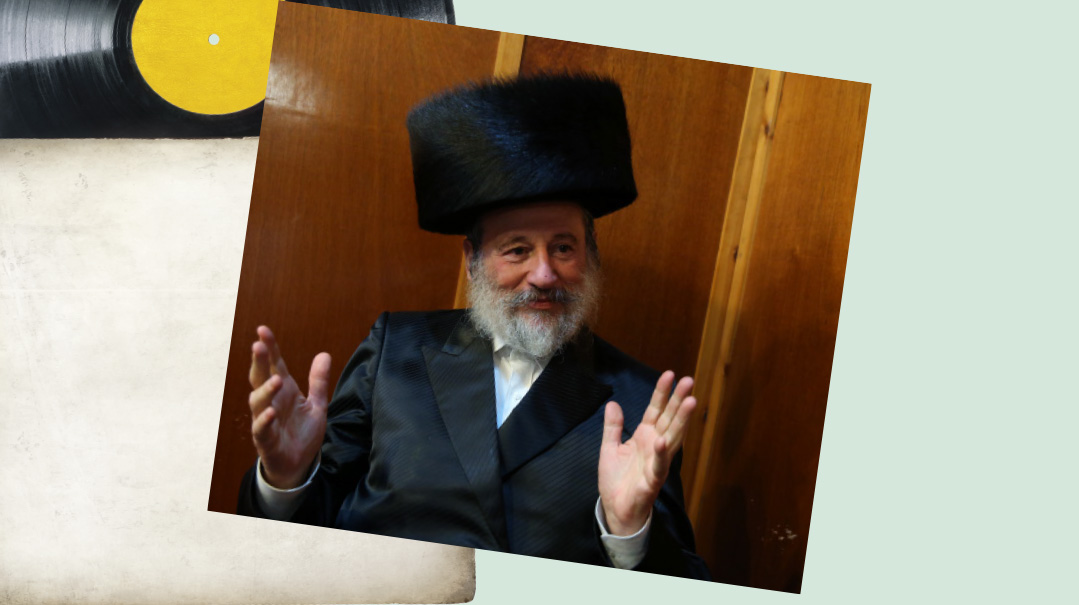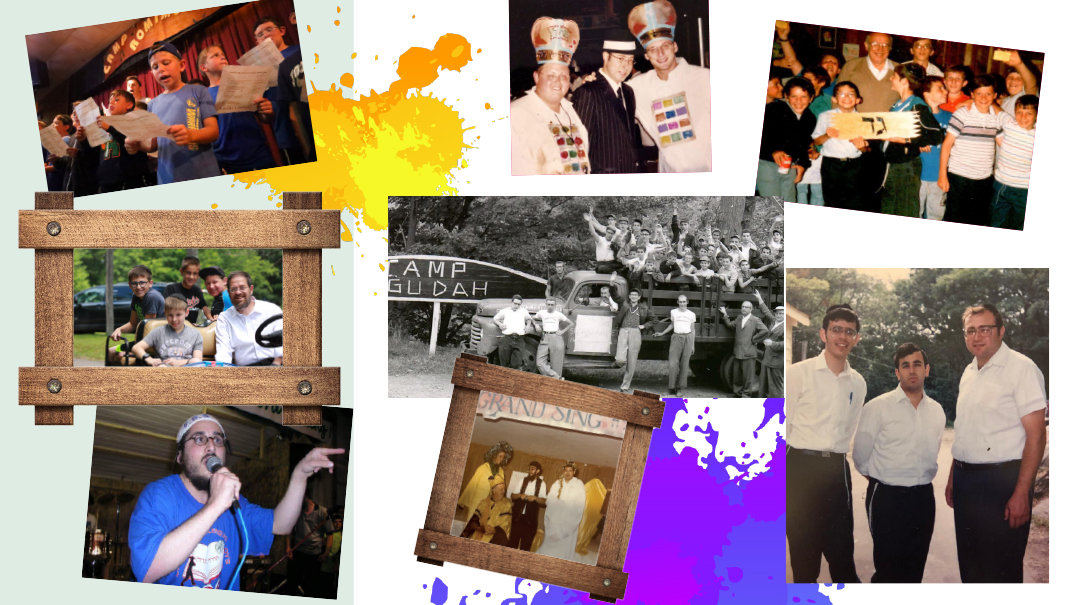Made in Heaven

No Nazi dictator, or any ruler or government, for that matter, can erase the unbounded joy of a Jewish wedding
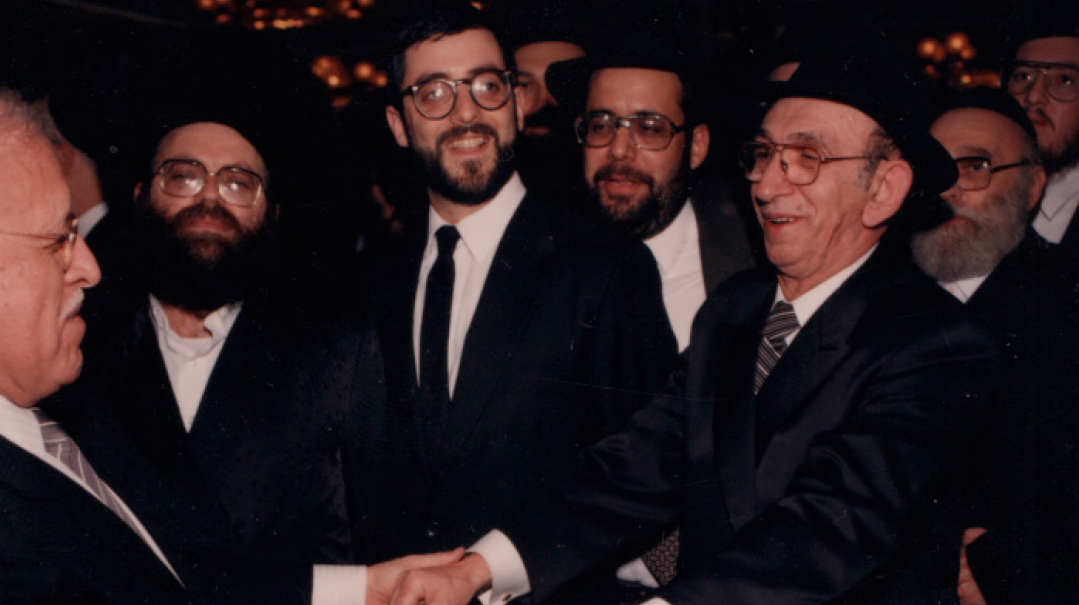
Back in the ’60s and ’70s, people were actually thrilled to be invited to a wedding, and if you were the one marrying off a child, the joy was boundless — and contagious, for everyone who knew you. And if you were a kid being invited to a wedding, you were happy all year long — and you probably still remember how amazing it was (especially since your parents never got rid of that tiny tuxedo you wore).
Today, my guess is that there are over one hundred simchah halls in the Tristate area. But 50 years ago, you could count them on one hand. In Boro Park, the two popular venues were Menorah Hall and Armon Terrace, nicknamed “Terrace under the Tracks.” In Flatbush, there was the famous Aperion Manor on Kings Highway, run by the Pruzansky brothers and Arthur & Dorothy Schick. In Crown Heights there was the Oholei Torah ballroom, which is still popular today, as is the Continental in Williamsburg. The photographers were probably either Trainer Studios, Zelman Studios, Jerry Meyer, or Aura Photography. A shtreimel was only four inches high and you could get a black hat on sale for only $30. No one used valet parking or wedding planners, but who can forget the puffed-up black yarmulkas embossed with the names of the chassan and kallah, or the bentshers that people actually looked forward to taking home from the wedding?
Back in the day, there were three orchestras that most people would choose from. One was the David Wakely Orchestra (at the high end of the spectrum), the Rudy Teppel Orchestra, and the Epstein Brothers. All these players were standard American musicians and had a limited Jewish repertoire. They weren’t exactly what you’d call a yeshivish band today, and most of them were over the age of 50 and going strong. And then came the revolution: A couple of young yeshivah bochurim began to play, which eventually led to the birth of Neginah Orchestra, started by Isaac Gross and Yerachmiel (Rocky) Zweig a”h. Most of these new-generation musicians were just out of yeshivah, looking for a way to make a supplemental income, and the music suddenly got much more heimish. There were the Lamm brothers, Leib Konig, Yossi Leshkowitz, Shelly Lang, Sid Stadler, and Dovid Nulman, just to name a few, with bands like The Messengers, headlined by Heshy Walfish with Yehudah Isaacs, Josh Goldberg, and Stanley Miller.
A few years before I met Suki, while he was 16 and still in high school, he called the Neginah Orchestra to ask for a job. Without even giving him an interview, Isaac Gross told him, “You’re too young. Give it a couple of years.” That day, he bumped into a musician who gave him some advice. “If you want to get into the business, you have to invest $35.” He was told to go to Coney Island to a sign store and print a sign that said, “Suki Berry Orchestra.” That night, he played a bar mitzvah, making sure the sign was highly visible, and the very next day, he got a call back from Neginah, who had reconsidered and invited him in for an interview.
Today, every orchestra has a sound system and an engineer, but a few decades back, none of that existed. Most weddings didn’t bother with a guitar player, but if yes, it was Mutty Parness a”h. And rarely were there separate wedding singers — those who did sing were usually part of the orchestra. One thing that every wedding party made sure to have was a chazzan to sing Mi Adir, who would charge between $35 and $50 per wedding — a far cry from today’s ostentatious talk-of-the-town affairs, which can include a 20-piece band, 30 violins, six popular singers, and an adult choir.
Sure, all that is lot of fun for those who can afford it (and often a huge pressure for those who can’t, which are mostly the rest of us), but no team of top-tiered musicians can compare to my most poignant wedding memory. I was still in high school when my brother Yosef Chaim married Rosie Freidenson, Rabbi Yosef Friednson’s daughter. I’ll never forget the face of Reb Yossel, a Holocaust survivor and well-known author and editor, taking the microphone toward the end of the wedding and singing “Tzahali Veroni.” The simchah in the room at that moment was all its own, an eternal statement that no Nazi dictator, or any ruler or government, for that matter, can erase the unbounded joy of a Jewish wedding, no matter if it’s simple or over the top — kein yirbu!
(Originally featured in Mishpacha, Issue 851)
Oops! We could not locate your form.







